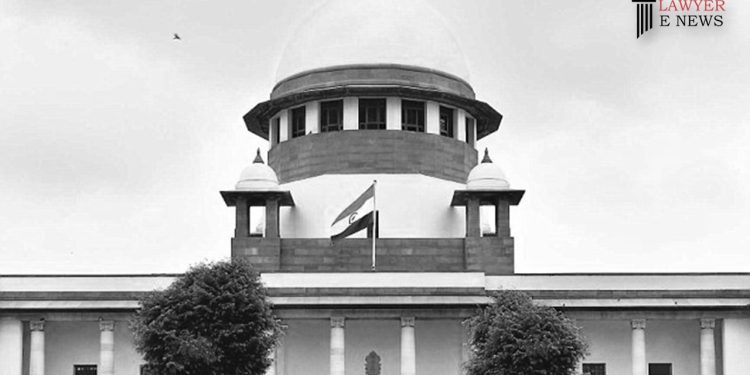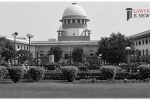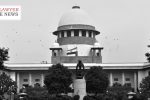Supreme Court Reiterates Stringent Standards for Admissibility of Dying Declarations – Acquittal in Murder Case

In a significant ruling, the Supreme Court of India has reaffirmed the rigorous standards that must be met for the admissibility and reliability of dying declarations as evidence in criminal cases. The judgment underscores the importance of scrutinizing the veracity of dying declarations before using them as a sole basis for conviction.
The court, led by Justices B.R. Gavai, J.B. Pardiwala, and Prashant Kumar Mishra, delved into the intricacies surrounding the admissibility and evaluation of dying declarations. It emphasized that although dying declarations are typically admitted due to their solemn nature, courts must ensure their reliability and credibility.
Justice Prashant Kumar Mishra, in the judgment, highlighted the significance of a dying person’s mental state and the circumstances under which the declaration was made. The court emphasized that while dying declarations are founded on the principle of the truthfulness of imminent death, factors such as clear observation, absence of tutoring, voluntariness, and consistency must be taken into account.
Supreme Court articulated an array of factors that should be taken into account while evaluating the weight and credibility of a dying declaration. These factors are elucidated below:
(i) Whether the person making the statement was in expectation of death?
(ii) Whether the dying declaration was made at the earliest opportunity? “Rule of First Opportunity”
(iii) Whether there is any reasonable suspicion to believe the dying declaration was put in the mouth of the dying person?
(iv) Whether the dying declaration was a product of prompting, tutoring or leading at the instance of police or any interested party?
(v) Whether the statement was not recorded properly?
(vi) Whether, the dying declarant had opportunity to clearly observe the incident?
(vii) Whether, the dying declaration has been consistent throughout?
(viii) Whether, the dying declaration in itself is a manifestation / fiction of the dying person’s imagination of what he thinks transpired?
(ix) Whether, the dying declaration was itself voluntary?
(x) In case of multiple dying declarations, whether, the first one inspires truth and consistent with the other dying declaration?
(xi) Whether, as per the injuries, it would have been impossible for the deceased to make a dying declaration? (Para No.62)
The principle “nemo moriturus praesumitur mentire,” which implies that a dying person will not lie, was invoked by the court to emphasize the sanctity of dying declarations. The court observed that the circumstances surrounding a dying person’s statement often guarantee its trustworthiness.
The judgment also stressed the need for courts to evaluate each case individually and consider factors such as the declarant’s mental state, timing of the declaration, absence of suspicion, voluntariness, and consistency. The court held that suspicion, regardless of its strength, cannot replace the requirement for conclusive proof beyond a reasonable doubt.
In the case before the Supreme court, doubts arose regarding the appellant-convict’s involvement based on the evidence presented. Consequently, the appellant was acquitted of all charges. The court reiterated that it is the prosecution’s duty to prove the case against the accused beyond reasonable doubt, and the principle of giving the benefit of doubt to the accused remains paramount.
Date of Decision: August 23, 2023
IRFAN @ NAKA vs THE STATE OF UTTAR PRADESH






